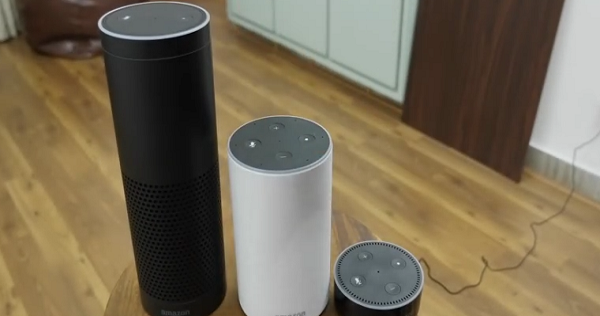
The list of tech companies offering gadgets and apps as a guise for collecting personal information, is becoming as lengthy as the line of Chinese nationalists fully aware of Beijing’s prowess in utilizing advanced surveillance techniques to increase the stranglehold on comrades and squelch any opposition, fleeing from the mainland to Taiwan or the US.
The evolving situation has reached the horrific proportions of an auditor’s worst nightmare in tallying the perpetrators. “Let’s see, we have F***book. Check. Twitter. Another check mark. How about Google? Check. Yahoo? Of course. Should we even list the cellphone companies? Check!”
Disconcertingly, the marketing hype of new technological product offerings with the popularity of the McDonald’s menu voraciously ingested by the consumer, leads to record spending and fuels the viscous cycle and paradox of frenzied development already obsolete before reaching the retail space. The consequences of the bustling technocratic marketplace are directly manifested in security and privacy being downplayed by corporations and overlooked by customers, and highlighted by the overall lack of adequate support on hardware and software products. As the trending popularity of social networking, led to an unprecedented gravitation towards account creation and perpetual interaction, the recent boom in popularity of voice activated technologies basically places an active listening bug in the home or the office. And who is at the other end of the rabbit hole?
While there has been a general acceptance to the potentially detrimental effects of welcoming the idea of new technologies into an individual’s personal space, the new mantra of smart technologies might as well be, “It’s invasion and not innovation,” especially in the wake of the latest blunder in a series face plants by Amazon, to release a product before fully testing the flaws and employing critical thinking in assessing just what could go wrong if the bad guys decided to play along. The BBC News shares the rather disturbing story of a family in Portland, Oregon, who are victims of both the future shock of technology and their own burgeoning trust and lust for modern devices, as their resident Alexa not only “inadvertently” recorded a conversation, but inexplicably sent the dialogue to another individual. Luckily, the person who received the audio file, contacted the family to let them know about the misbehavior of their artificial intelligence unit.
An Amazon representative spoke with the BBC writer in the aftermath of the debacle, and the official company response is vague, cryptic, and completely void of accountability. Apparently, the propensity of Alexa to act out on extemporaneous background noise is of no issue to the online retail giant.
As with the debacle of the live road testing on self-driving car technology, voice recognition devices are a work in progress, and while not at the primitive stage of vehicle development, periodic glitches on ASR devices at times will cause end users monumental headaches. Add to the unnecessary mix of intrigue an enticing and affordable price point of under $200, and the stage is set in the near future, for an unwilling gossiping storm of random recorded conversations being traded at the whim of Amazon and its brilliant software. If only the great science fiction writers of the 20th century could have predicted that customers would one day actually pay to have a souped-up listening device and a precursor to the “telescreen” in their homes…
Jeff Bezos and crew still have the address the growing concerns to what the company is planning to do with the vast amount of personal recorded data furtively secured through Alexa, and protected by a complex series of legal terms and conditions. Get ready for another potential congressional hearing if she keeps acting up.
Read the BBC News story here.
